Independence Democrat faces challenge
By Mike Genet mike.genet@examiner.net
Robert Sauls is running for a second term representing District 21 in the Missouri House, opposed by a candidate, Vicki Riley, who also ran against his predecessor.
Sauls, a Democrat and multi-generation Independence resident, won a three-person primary in 2018 to succeed Democrat Ira Anders. He is a former public defender and prosecuting attorney now in private practice. Riley, a Republican and recently retired teacher, ran against Anders in 2016 and 2012.
The importance of how to safely handle schools during the pandemic drove her to run again, she said, as she said it’s important to represent the district with a teacher’s perspective, as Anders did.
The district covers a large portion of Independence, from west of the Square east to nearly Susquehanna and south almost to Centerpoint Medical Center. The election is Nov. 3. Polls are open from 6 a.m. to 7 p.m., and many people are voting in advance.
Sauls said he is “wholeheartedly” against Amendment 3 on the statewide ballot, which in part would overturn part of the “Clean Missouri” amendment voters approved in 2018. Clean Missouri includes a nonpartisan demographer in addition to a bipartisan commission in the process of drawing legislative districts after the census.
Riley didn’t take a position either way, instead emphasizing that Amendment 3 should be “read very, very carefully,” particularly about the governor appointing the bipartisan commission.
“There was a decision made in 2018,” Riley said, “and for it to be rewritten … I’m not going to tell people how to vote, but they need to read it carefully.”
Sauls said the amendment injects partisan politics into redistricting and as the state stands right now with district boundaries, Democrats more often fight each other than Republicans in a district.
“Even if the Democrats controlled the legislature 70/30 (as Republicans do now), I would see it as a problem, because there’s necessity to work together,” Sauls said. “That’s not representation of the people.”
Riley said she sees some headway in one of Governor Mike Parson’s long-stated priorities – repairing roads and bridges – while Sauls hopes for more progress. And both candidates say the pandemic stalled efforts on Parson’s other big priority of workforce development, as well as getting a clear picture from businesses on how that’s playing out.
Sauls said Parson’s plan to borrow for the future for infrastructure repair can work if revenues are up but can backfire in economic downturns. He said voters would have approved the proposed gas tax two years ago that Parson backed “if it had been a clean bill.”
The governor’s response to the pandemic hasn’t helped, he added.
“It’s not his fault that the coronavirus came, but you can with how he’s responded, and basically punting it to cities and municipalities is a lack of leadership,” Sauls said. “Missouri’s a red zone, and one of the highest states with outbreak. If we would just attack it once and hard. … I know, like he said, the state has different areas, but his stay-home order was basically a pretty please. People do need to have personal responsibility, but at the end of the day it’s a pandemic, and I think we could’ve been through this sooner.”
Riley said there’s always room for improvement, “especially when you get blindsided.”
“Anytime you get blindsided, you’re stunned for a minute, and then you start doing damage control and think how do we move forward,” she said. “Not everything we did during the crisis is wrong.”
Looking at it from a school perspective, she said there are ways to improve but also some successes from which to draw.
“We need to have a meeting of minds and pool ideas,” she said. “We need real communication like we’ve never had before. I know people in the district who have good ideas, and we need to have the governor and people in the state hear them.”
Both candidates say school funding can be improved and re-examined.
“It does need looking at, and we do need to improve it,” Riley said. “The state needs to look at money we generate ourselves for our schools. I would like to see more state money in our schools, less federal money. It’s ownership, and Missouri could be a shining example if we just put our minds to it.”
Sauls said while the current education funding formula had been fulfilled prior to the pandemic, the state needs to update the data and methods behind the formula.
“There’s always room for improvement,” he said. “The problem is we’re using 2008 numbers. I think eventually we could run into a problem with that in the courts. We need to fully fund it, but the formula’s not up to date.”
